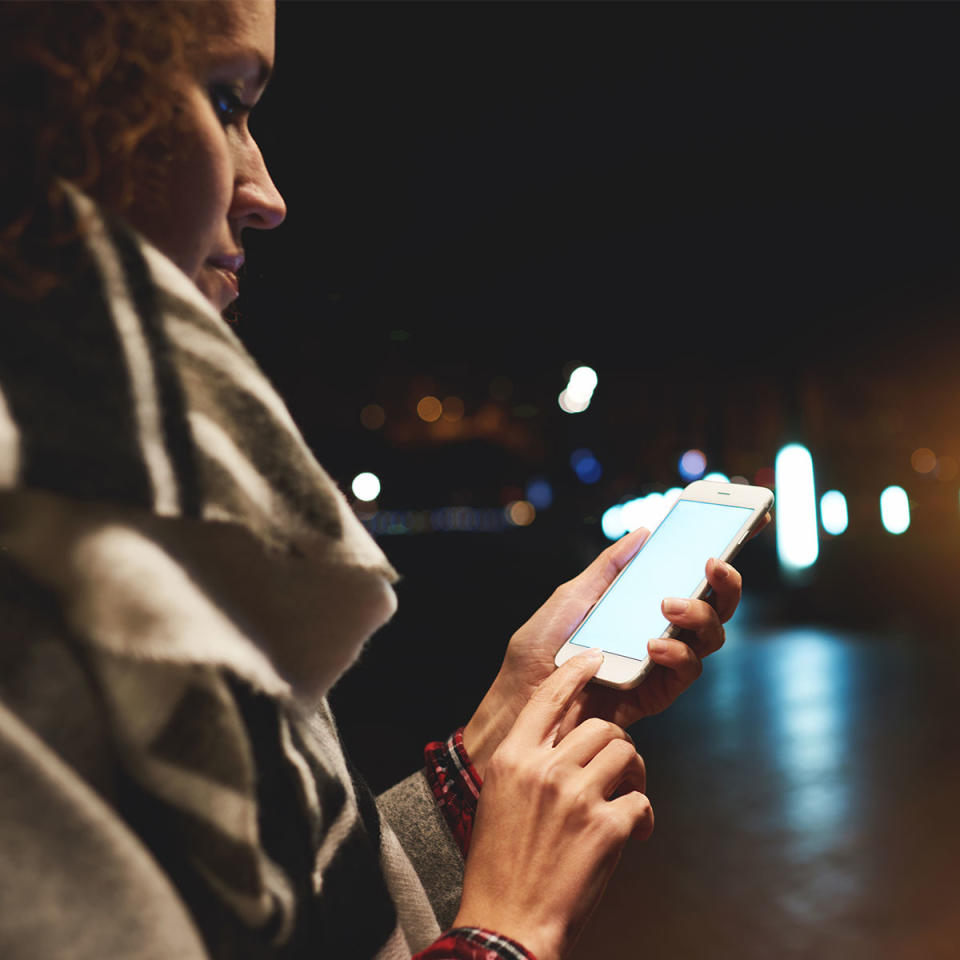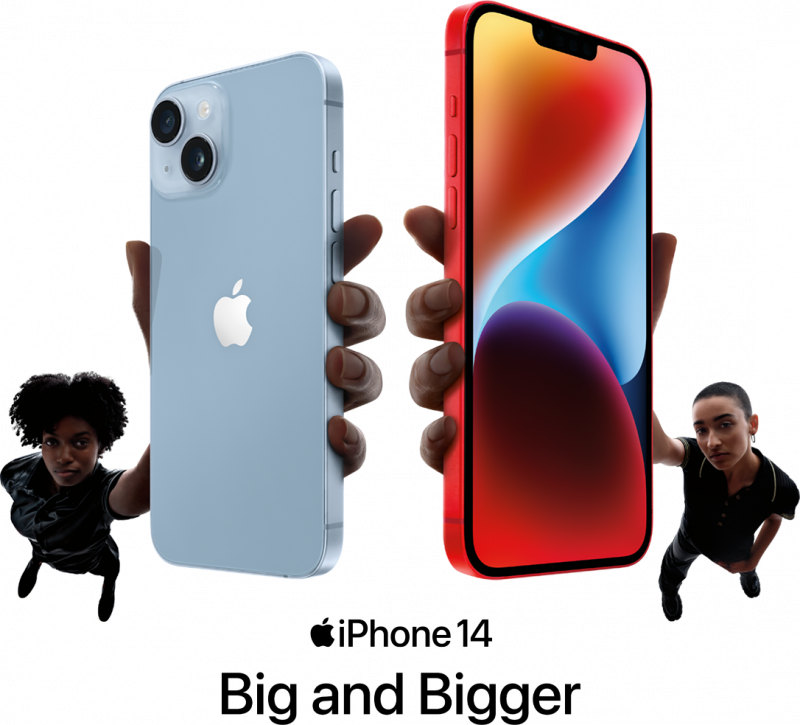The iPhone Mistakes That Are Putting Your Personal Data At Risk, According To Tech Experts - Right this moment you’re making mistakes on your iPhone that can cost you — maybe not financially, but with your security. Knowing which of the most egregious iPhone data and security mistakes to avoid can keep you as safe as possible, whether you’re using your phone for banking, shopping, working, or just scrolling.
“There are a few common iPhone mistakes that could be putting your personal data at risk,” explains Tech Expert Sully Tyler, an entrepreneur and the founder and CEO of Sully Tyler.
“For example, if you forget to encrypt your phone when it’s not in use, anyone who acquires access to the device can view all of your contacts, texts, photos, and videos. If you have weak passwords or don’t regularly change them, hackers may be able to gain access to important accounts such as social media platforms and email addresses. Furthermore, suppose you lose your phone or let someone else borrow it without securely disposing of the information inside (such as the lock code). In that case, they might be able to extract vital data like messages and pictures. So make sure to protect your devices by using strong passwords and securing sensitive information with encryption whenever possible.” Here are more details on the iPhone mistakes that are putting your personal data at risk.

Not Using 2FA
Two-factor authentication is a security measure that uses both a physical element and an electronic identifier to verify your identity and it protects your personal data from being accessed by unauthorized individuals, Tyler said.
“Apple has been heavily promoting two-factor authentication since its release of the iPhone 7, and it is now available on almost all Apple products (excluding the Mac),” Tyler said. “Two-factor authentication can be activated in Settings under Security & Privacy > General > Enable Two-Factor Authentication. You will then need to enter your phone number, which will be used as the second factor for logging into your account. You will also receive a code via text or email that you must enter for access to continue. Two-factor authentication is an essential safeguard against cyberattacks because it makes it difficult for someone who knows your password and username to log in without having access to another form of identification, such as a key fob or security token. Additionally, two-factor authentication increases the time required for hackers successfully access user data from minutes down to seconds.”
Using Public WiFi
When using public WiFi, your iPhone constantly sends and receives data packets in the open air, Tyler explained. “This can put your personal data at risk because it’s possible for others to access this information, including passwords, bank details, email addresses, and more,” Tyler said. “By default, iPhones encrypt these communications with a security code that only you and the sender/receiver know. When connected to an encrypted network like Starbucks or airport lounges’ secure networks, your phone will request a four-digit verification code before allowing access to any sensitive content. This process helps ensure that no third party has access to your confidential information while you’re on holiday or traveling; all they need is your device’s unique ID number (generated upon connection) to log in without worrying about compromising your privacy.”
Using Siri
Turning off Siri on your iPhone prevents Apple from collecting data that could be used to personalize your experiences with the assistant. “This includes things like suggesting appropriate responses to questions and suggestions for content that you might be interested in,” Tyler said. “Additionally, this protects your privacy because Siri currently doesn’t have a way of notifying users when it collects data. This is essential because Apple has been accused of using user data in unethical ways, such as targeted ads. By turning off Siri on your iPhone, you can help protect yourself from these types of invasive practices.”




